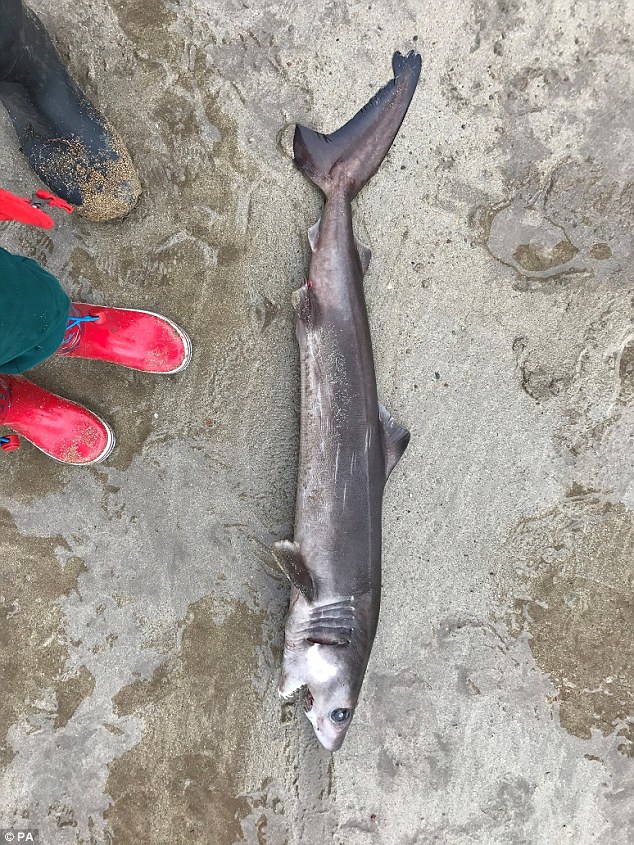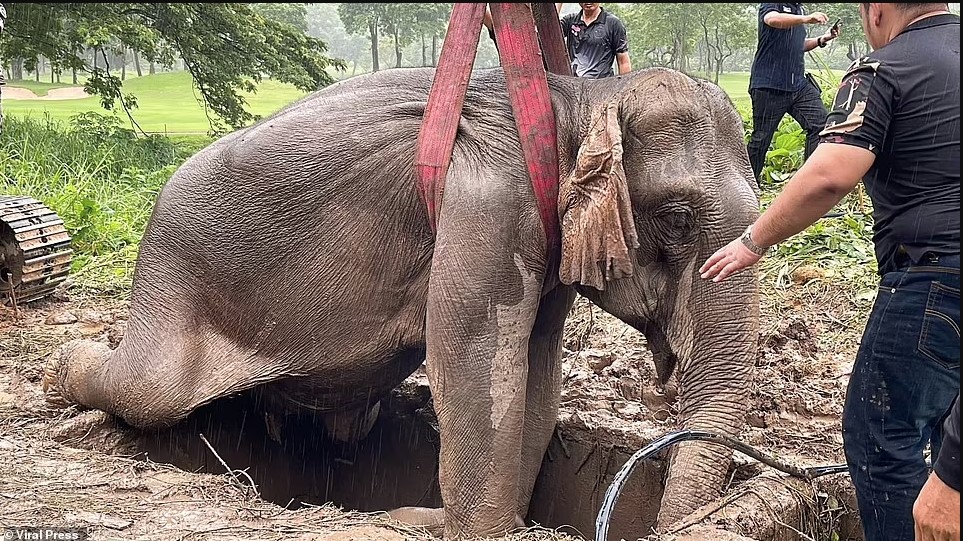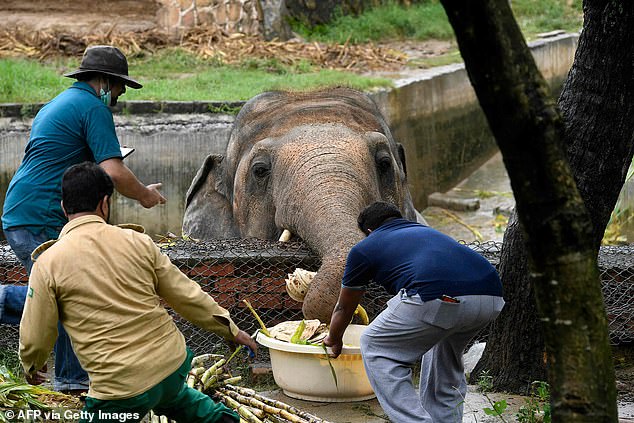A RARE species of shark has been discovered prowling the UK coastline for the first time in history – leaving experts baffled.
The Crocodile Shark – usually found around Brazil and Australia – was found washed up on a beach near Plymouth, Devon.

The crocodile shark appears to have lost its way and ended up in DevonCredit: Apex News
Steven Greenfields was walking with his family at Hope Cove beach when he spotted the dead beast.
He said: “We regularly visit this beach and have never seen anything like this before.
“My whole family was stunned as the animal had really unusual features but was unmistakably a shark.
“I have experience with sharks while swimming and diving overseas, but, despite a fair amount of fishing and swimming in the UK all my life, have never seen any shark in UK waters other than dogfish.
“Because it was so unusual we consulted our local aquarium to confirm what species it was.”
Photos of the Pseudocarcharias kamoharai, or Crocodile shark, were examined by experts who said it was the first of its kind to be found in the UK.
Usually found in tropical waters, the Crocodile shark is the smallest living mackerel shark.
They usually only reach one metre in length and can be distinguished by their elongated cigar-shaped bodies, extremely large eyes, relatively small fins, and razor sharp teeth.

Crocodile sharks are rare even in tropical waters which they call homeCredit: Apex News
Crocodile sharks are listed as ‘near threatened’ in the IUCN Red List of Threatened Species.
James Wright, Curator at the National Marine Aquarium,said: “It is likely to be an isolated incident, but there have been similar stranding incidents in South Africa.

“This time of year though UK waters are at their coldest so this occurrence is very unusual.”
Mr Wright added that the shark most likely would have gone into shock and died when it reached such cold waters.
Paul Cox, Managing Director of The Shark Trust, added: “They are relatively uncommon and the UK is well outside the shark’s usual range so it’s a really interesting find.”








